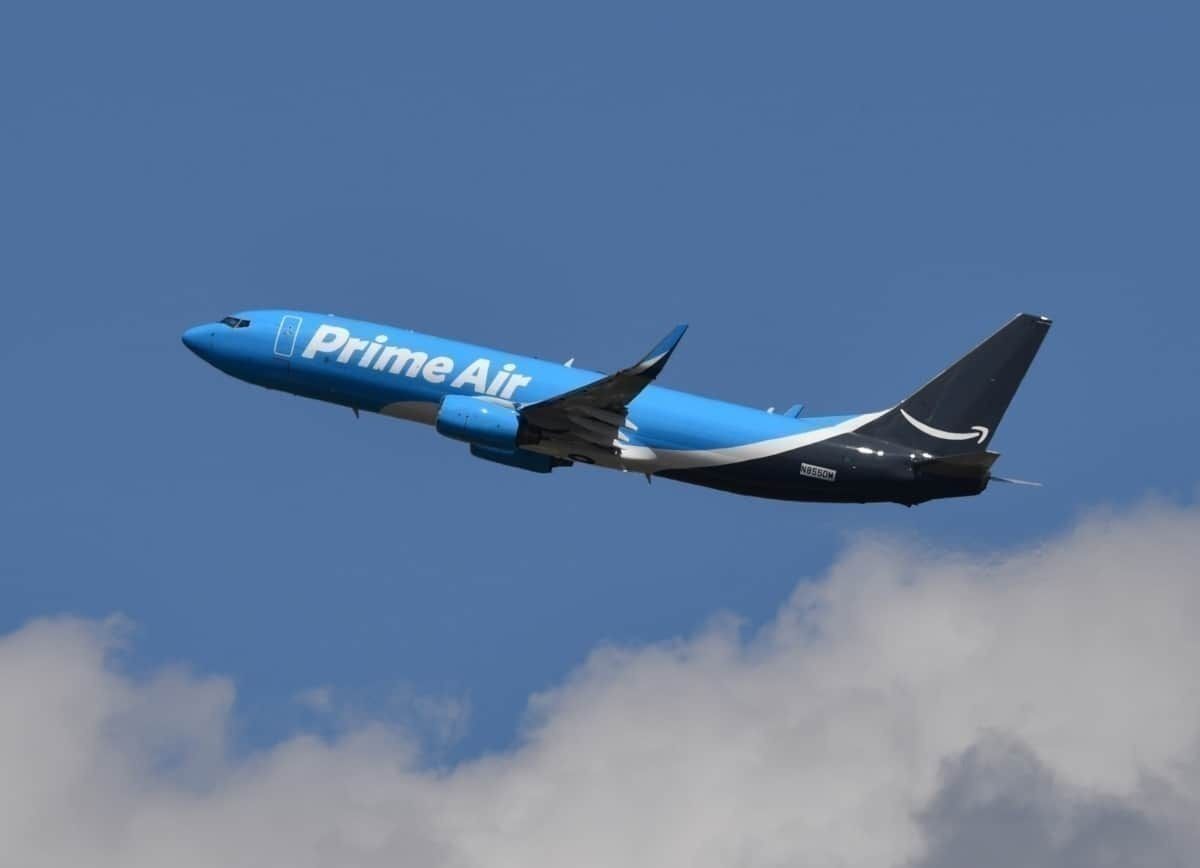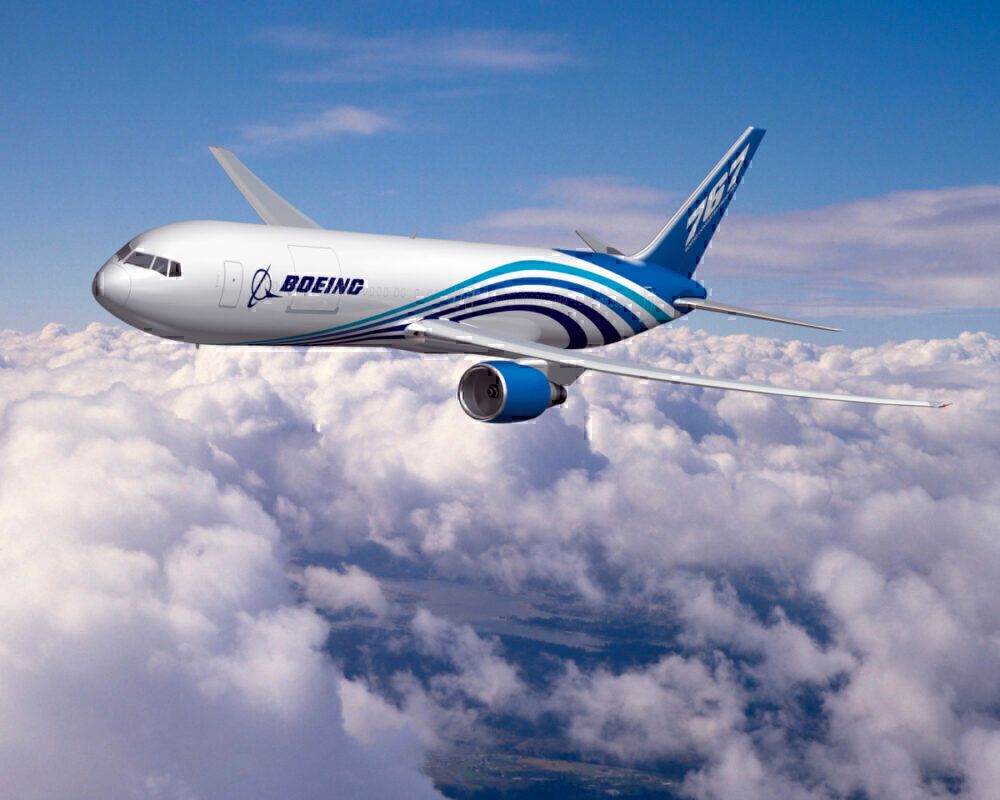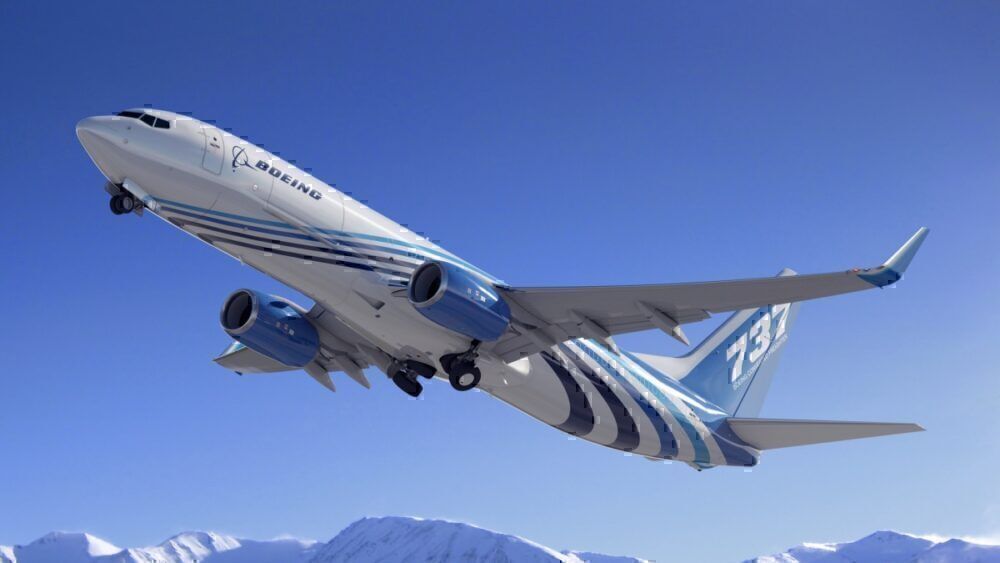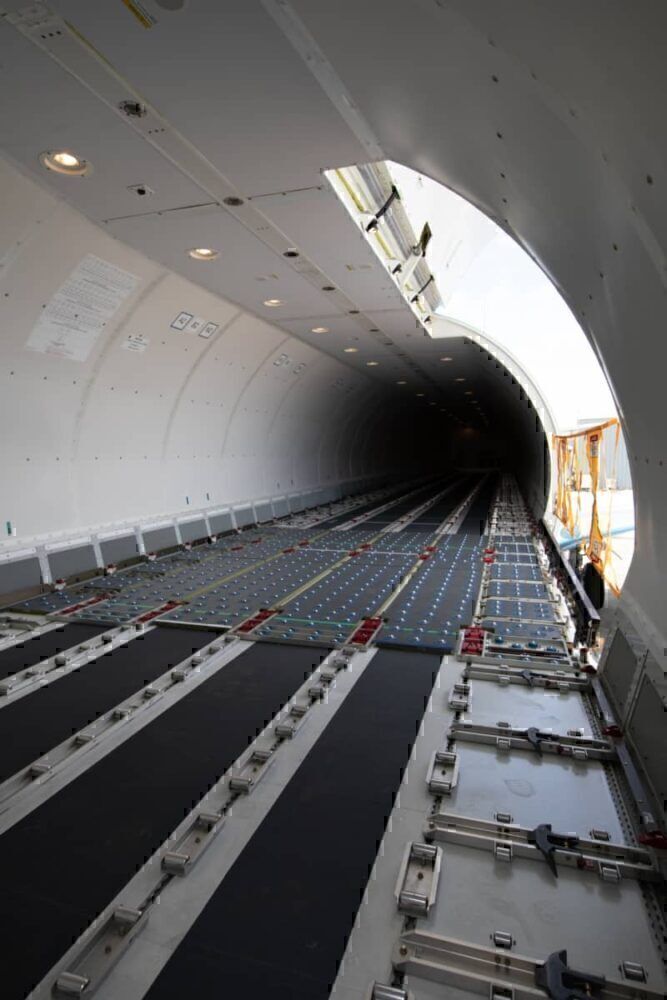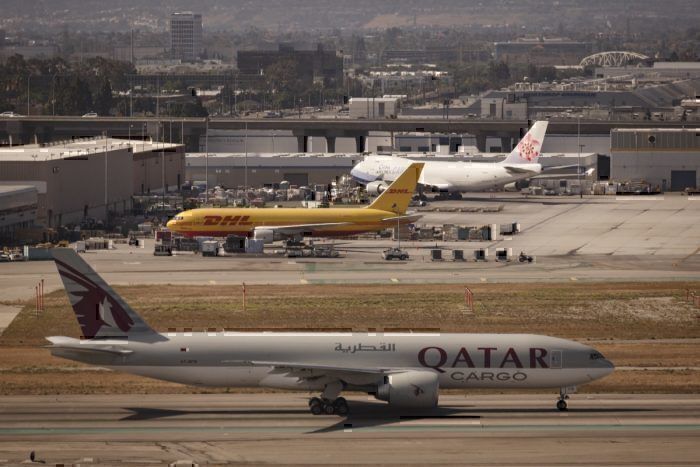To meet the increasing demand for freighters, Boeing announced on September 20th that it will open two new conversion lines in Asia. These will convert 737-800 and 767-300 passenger aircraft into freighters, as more airlines look to cargo to boost their incomes.
A 767-300 conversion line in Singapore
The first line to open will be for 767-300BCF aircraft. This will be at ST Engineering's facility in Singapore and is due to open later in 2020. ST Engineering is a Singapore-based engineering group that partners with Boeing. In a statement about the launch, Lim Serh Ghee, president (Aerospace) of ST Engineering said,
"We take pride in our partnership with Boeing and, with the opening of an additional line later this year, look forward to continuing to deliver timely and quality freighter conversions."
Boeing already has three conversion lines operating for 767 aircraft, but these are reaching maximum capacity (according to supply chain publication The Loadstar).
Stay informed: Sign up for our daily aviation news digest.
A 737-800 conversion line in Guangzhou, China
The second line will be for 737-800BCF aircraft. This will be in Guangzhou at the site of Guangzhou Aircraft Maintenance Engineering Company Limited (GAMECO). It is due to open in early 2021. GAMECO likewise is a partner of Boeing (and a joint venture between China Southern Airlines Co. Ltd. and Hutchison Whampoa Ltd).
GAMECO General Manager Norbert Marx said of the opening,
"The addition of the new production line demonstrates our ability to quickly respond to market trends and requirements and is a testament to the skill and professionalism of the entire GAMECO-Boeing team."
Boeing already has several 737-800BCF conversion lines in China, in Guangzhou, Shandong, and Shanghai.
Conversions of the 737-800 to freighters began in 2018 and have been popular. Not only is it a more fuel-efficient option than the previous 737-400 option, but it is also a more straightforward conversion. The Boeing 737 Information Site reports it is the simplest conversion to date for Boeing.
Servicing growing orders for conversions
Converting passenger aircraft to freighters is a common way to extend the life of aircraft and takes place across many aircraft types. Significant work is required, including re-design of the interior, changes to doors and windows, and strengthening the floor to handle cargo loads.
The demand for conversion has increased significantly recently. The slowdown in passenger traffic in 2020 has made more aircraft available for conversion, and cargo demand continues to grow. We have even seen airlines using standard passenger aircraft for freight, sometimes removing seats and sometimes just filling the passenger cabin.
So far, Boeing has received 134 orders from airlines for the conversion of 737-800 aircraft to freighters. The latest two orders (from an undisclosed customer) were announced just on September 20th.
Ihssane Mounir, senior vice president of Commercial Sales and Marketing for Boeing, explained the ongoing importance and growth of this program, saying,
"The freighter conversion program is an excellent way to double the life of an airplane and provide operators with an economical way to replace less efficient freighters. By working with our partners to add freighter conversion capacity, we look forward to meeting the strong demand in this market segment and helping our customers scale their operations."
Dominance in the growing freighter market
Boeing already leads the way in the freighter market. It provides 90% of the world's freighter capacity, a market that Airbus has failed to gain significant share in (it did plan to launch an A380 freighter, but this was dropped).
And there is certainly space for more aircraft. In 2017, Boeing predicted that 3,260 freighters would be in service by 2037 (compared to 1,870 in 2017). To meet this demand, it expects 1,170 standard body conversions (including the 737) and 470 767 conversions, alongside new production. This could be changed by the events of 2020, but opening new conversion lines certainly keeps Boeing at the forefront of this.
What do you think about Boeing's increased plans for freighter conversion? Will demand for converted freighters continue to increase? Let us know your thoughts in the comments.

